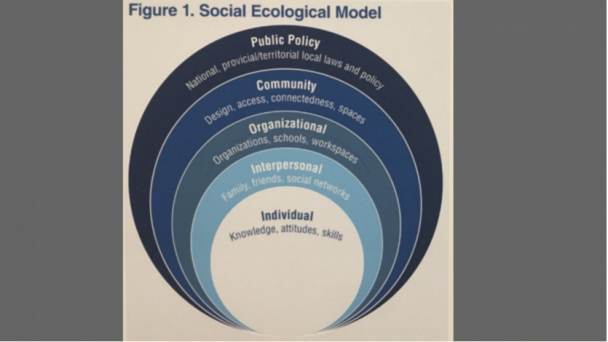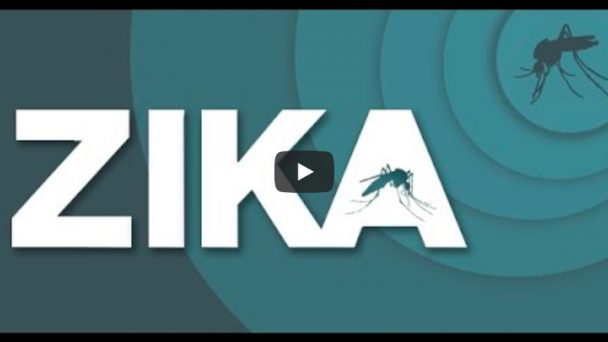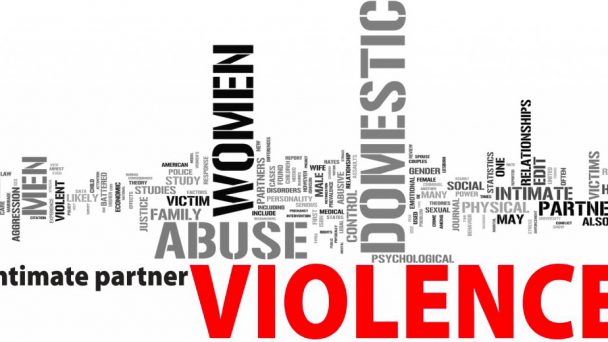Jeanine Guidry, Virginia Commonwealth University
Caroline Orr, Virginia Commonwealth University
Kellie Carlyle, Virginia Commonwealth University
In the current study, a quantitative content analysis was conducted on a random sample of 1,000 Instagram posts and 1,000 tweets using the hashtag #NotOkay. The analysis focused specifically on the type of information included, the frequency of engagement by users on both types of posts, and a comparison between the two platforms. Recognizing that sexual abuse is embedded within a larger sociocultural context, we conceptualized the analysis using the Social Ecological Model as the theoretical framework.
OnAir Post: #NotOkay


